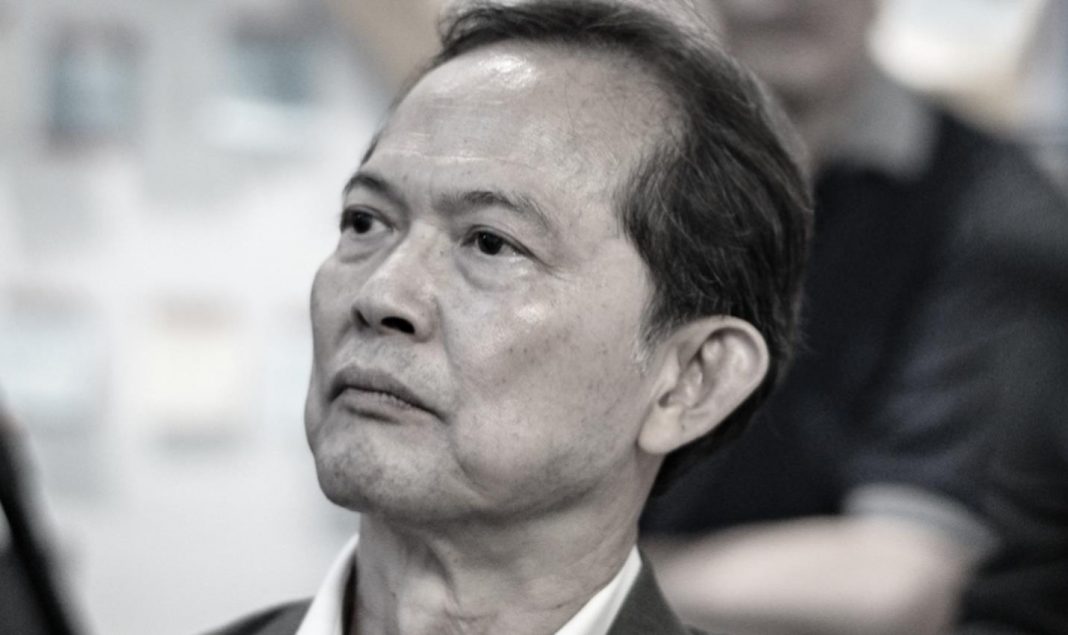Singapore has the honour of hosting the highest number of millionaires packed into a tiny island. We also boast the best airport in the world, and our per capita income is among the highest in the world. Our roads are lined with tropical trees and beautifully manicured flowering plants. It is a picture-perfect image of a thriving cosmopolitan city in Asia, second to none.
For many, paying an additional two per cent GST is a small price to pay for the comfort and luxury we enjoy. If you have the time and patience to brave the traffic, shopping in Johor Bahru can save you nearly 60% on groceries and fuel. And if a trip across the Causeway isn’t feasible, you can always rely on CDC vouchers to get by. Such is life in Singapore.
Flights in and out of the city-state to regional getaways are highly affordable for the masses. With our strong dollar, we don’t sweat the small stuff. The richer, upper-middle-class Singaporeans own businesses and multiple properties in Singapore and overseas. A strong dollar and a robust economy have undoubtedly benefited many. Against this backdrop, opposition parties find themselves swimming against the tide.
During my GE2020 campaign, a resident living in a sprawling landed property told me she felt privileged—and that the poor lived in rental flats because they were lazy and not hardworking enough. Ironically, those in rental flats said they would vote for the PAP because of the handouts. The very group the opposition tries to appeal to — the poor and underprivileged — remains a PAP stronghold. The incumbents remain deeply entrenched, as the latest election results clearly show.
It turns out the opposition appeals only to a narrow segment of voters—ironically, upper-middle-class Singaporeans and some wide-eyed youths who are willing to take a risk. Most Singaporeans prefer economic stability and want the asset value of their businesses and properties preserved and enhanced. In the current trade war emanating from Washington, the swing voters’ recoil seems like a flight to safety. They would rather have a safe pair of hands guiding Singapore in a turbulent world.
No clear campaign message
Winston Churchill once said that democracy is a messy business — and with more parties contesting, it becomes harder to stay on message.
The opposition offered a buffet of solutions, which only served to confuse the public. Aside from a few eloquent speakers, most in the opposition camp were often tongue-tied and ineffective. Their gaffes and antics were off-putting and became easy fodder for social media memes.
It makes one wonder: perhaps the cost-of-living crisis isn’t perceived as a crisis by the electorate. Perhaps the youth aren’t as concerned about housing affordability as we assumed. Maybe they expect to inherit intergenerational wealth or have access to alternative assets we’re unaware of.
One thing is certain: we no longer have our finger on the pulse of the nation. The results are baffling, and they seem counterintuitive, given the surveys and reports that were published.
The PAP has secured a strong mandate. As former NMP Calvin Cheng noted in a podcast before GE2025, future elections may well be the PAP’s to lose. This outcome, however, is a major setback for the smaller opposition parties. They must either consolidate or make way for those with a better chance.
The Workers’ Party, on the other hand, has comfortably consolidated its position. It increased its vote share in Sengkang GRC and has secured two additional NCMP seats in Parliament. They have clearly set themselves apart.
Evidently, the rest of the opposition will need to learn the special Sifu moves from the WP if they hope to make headway in the future.

